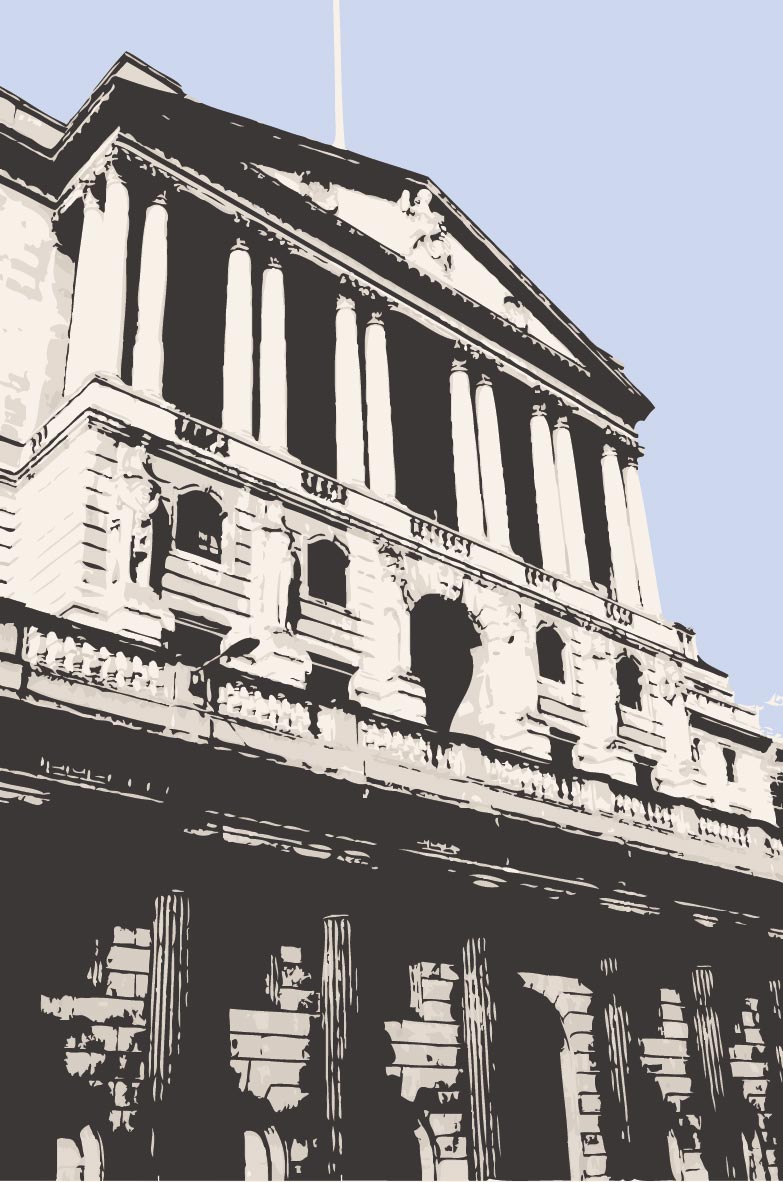News
Base rate rises to one per cent

The Bank of England has raised the base rate to one per cent as expected – its highest level in more than a decade.
Members of the Monetary Policy Committee (MPC) voted by a majority of 6-3 to increase the base rate from 0.75 per cent to one per cent.
Jonathan Haskel, Catherine Mann and Michael Saunders all voted to raise it to 1.25 per cent.
The minutes of the meeting said the members who voted for a further increase “put more weight” on continued strength in demand as well as a firm embedding of trends in pay growth, firms’ pricing strategies and inflation expectations.
It said they suggested that “faster policy tightening now would help to bring inflation back to the target sustainably in the medium term, and reduce risks of a more extended and costly tightening cycle later”.
The rate hike was widely predicted, and comes as the bank aims to curb soaring inflation amid the ongoing pandemic, the cost-of-living crisis and the global effects of the Ukrainian-Russian war.

How to get your first-time buyer clients mortgage ready
Sponsored by Halifax Intermediaries
Chancellor Rishi Sunak and prime minister Boris Johnson both indicated that a rise to the base rate was coming, separately warning that mortgage costs would increase for those on variable rates.
This takes the bank rate to its highest level since February 2009 when it fell from 1.5 per cent to one per cent. In January 2009, the rate was 1.5 per cent before falling to one per cent in February and then 0.5 per cent in March 2009.
This is now the fourth increase from the historic low rate of 0.1 per cent in December 2021. It rose to 0.25 per cent before climbing to 0.5 per cent in February and then 0.75 per cent in March 2022.
Market forecasters generally expect the base rate to rise even further. In March, revised forecasts suggested it could reach two per cent by the end of the year. However, last week Sunak told the cabinet that interest rates could reach 2.5 per cent over the next 12 months, adding that financial markets had already priced the increase in.
However, economic consultancy Capital Economics has revised its forecast, assessing that with inflation staying higher for longer, and with the labour market remaining tight into 2023, the BoE will raise the base rate to three per cent next year.
During the meeting, the MPC discussed the risks around the global inflation outlook, and the implications for growth. It noted a risk that energy prices, particularly gas prices, would rise for example if flows of Russian gas to large European countries slowed significantly.
It also said UK bank lending rates on mortgages with loan to value (LTV) ratios at or below 75 per cent had risen further since the committee’s March decision. This was consistent with a response to the increases in “risk-free rates since the autumn of 2021”.
The MPC said further increases in risk-free rates, which are alternatives to LIBOR, that had occurred since its last meeting would be expected to feed through to mortgage rates in due course.
Inflation to peak, GDP to slow
In its central projection, the committee said CPI inflation is expected to rise further over the remainder of the year, to just over nine per cent in Q2 and averaging slightly over 10 per cent at its peak in 2022 Q4. This reflects higher household energy prices following the large rise in the Ofgem price cap in April, and a projected additional large increase in October.
Inflation is projected to fall to just above two per cent in two years’ time as the influence of external factors wane. This will then drop to 1.3 per cent in three years, putting it below the MPC’s two per cent target.
UK GDP is estimated to have risen by 0.9 per cent in Q1 this year, which is stronger than the MPC predicted in its February report. However, this is expected to slow later in the year due to sharp rises in global energy and tradable goods prices hitting most households and UK companies’ profit margins.
Total real household disposable income was projected to fall by 1.75 per cent in 2022, a greater fall than in the February projection.
The unemployment rate is expected to slow in the near-term, following a figure of 3.8 per cent in the three months to February. The MPC said it would then rise to 5.5 per cent in three years’ time due the “sharp slowdown” in demand growth.

